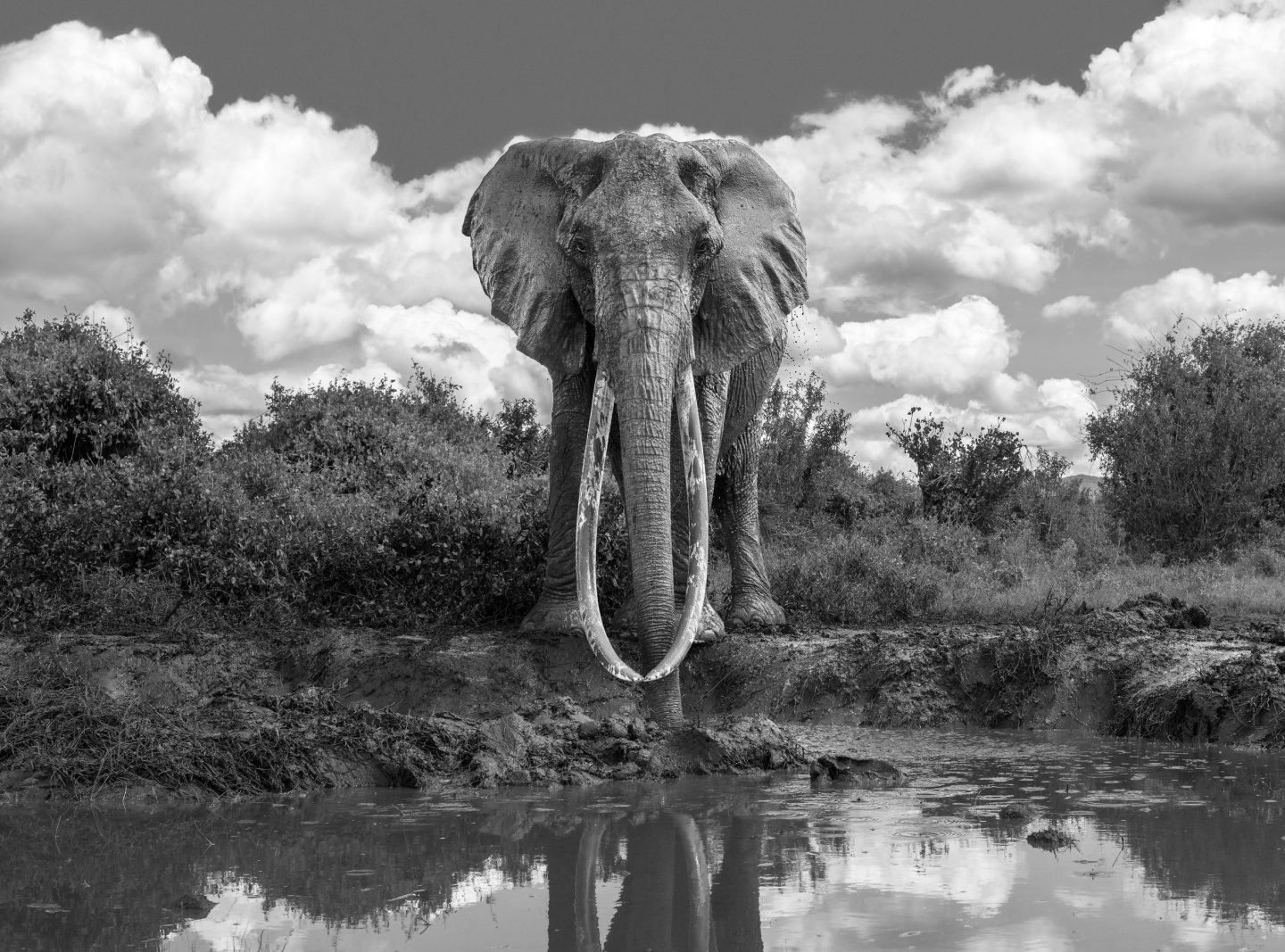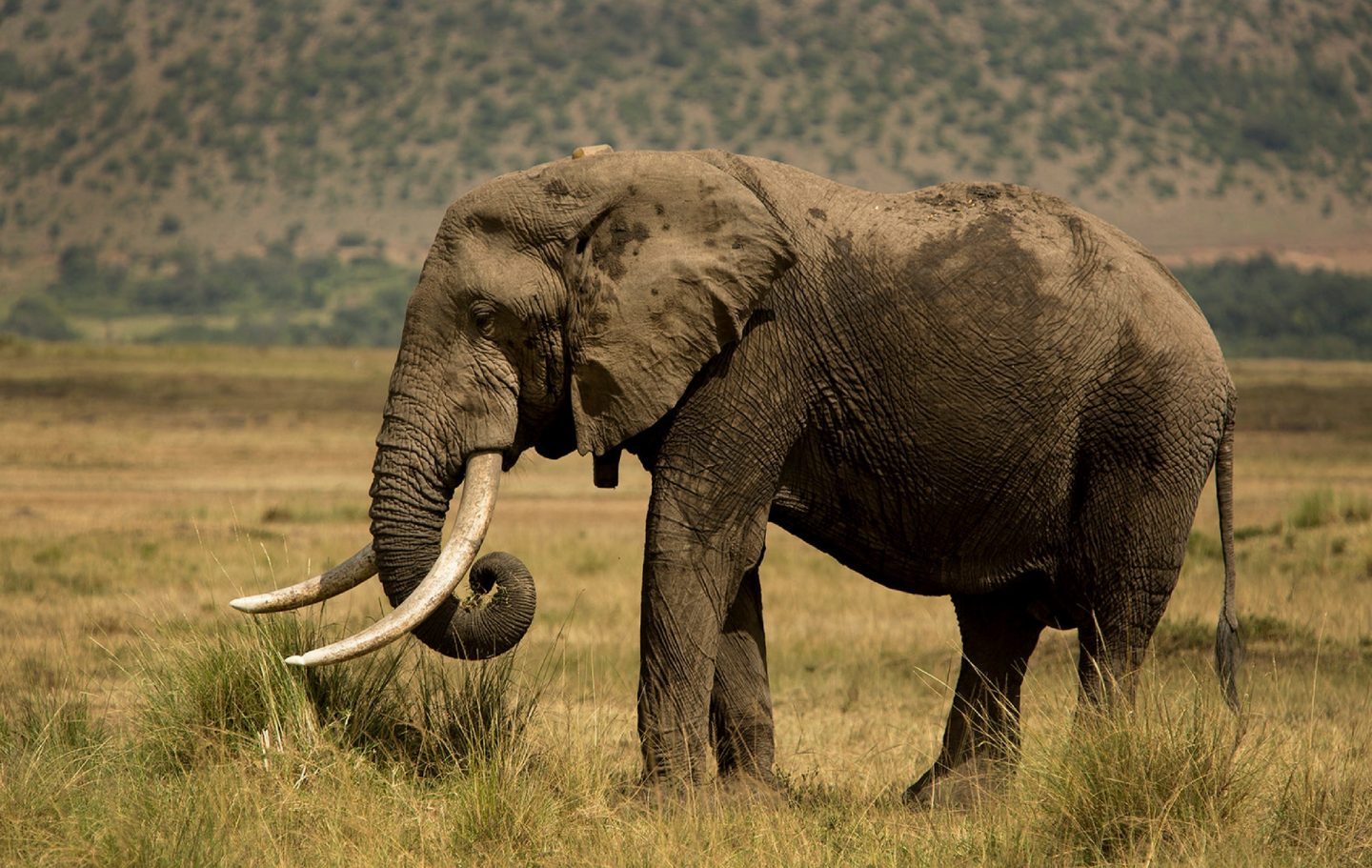
Tsavo Conservation Area (TCA) is an ancient, vast wilderness which is home to approximately 16,500 elephants – 40% of Kenya’s total elephant population.
Tsavo Trust was founded in 2012, with the initial aim of preserving Tsavo’s ‘Super Tuskers’: predominantly bull elephants with exceptionally large and long tusks that weigh more than 50 kgs each (making Super Tuskers particularly vulnerable to ivory poaching). ‘It was believed that the Super Tuskers were a bygone group of elephants – many people didn’t believe that these elephants actually still existed in the wild in any meaningful numbers,’ says Richard Moller, CEO of The Tsavo Trust.
There are arguably around 30 ‘Super Tuskers’ remaining on the planet today; 10 of these majestic animals roam the vast and arid bush wilderness of Tsavo. There are also 30 ‘emerging’ Tuskers: young males with the potential of being the next Super Tuskers. ‘We need to allow these bulls to roam and spread their seed far and wide if we are to continue to have Super Tuskers into the future. Their genes need to be protected and disseminated to raise the next generation, and fortunately Tsavo is blessed with elephants that carry these genes,’ says Richard Moller.
Super Tuskers have biological, social and economic value. Their genes are hugely valuable to the elephant community, and they often have elevated positions in their social hierarchy. ‘They have age and respect and are the true Ambassadors of the elephant world,’ says Richard Moller. ‘Some would even describe them as elephant royalty.’
In partnership with Kenya Wildlife Service (KWS) and Wildlife Research and Training Institute (WRTI), Tsavo Trust operates the ‘Tembo 2 Team’, a dedicated research unit focused on Super Tusker monitoring. Information on the distribution of the elephants is gathered from both Tsavo Trust’s Aerial Unit, which provides ‘eyes in the skies’, and its mobile ground-based units, both of which are constantly updating maps of tracks and sightings. This data is then complied together with KWS and WRTI in a secure database. Tusk is proud to fund the Tembo Teams, as well as supporting the aerial surveillance.
The good news: no ‘Super Tuskers’ have been lost to poaching since 2018; those that have died have done so from old age. ‘It is the way elephants are supposed to die,’ says Joseph Kyalo Kimaile, Tsavo Trust’s Conservation Officer.
‘At Tsavo Trust, we are very proud when we see an elephant die of old age, instead of succumbing to illegal activities. Until recent years, this was a rarity.’






